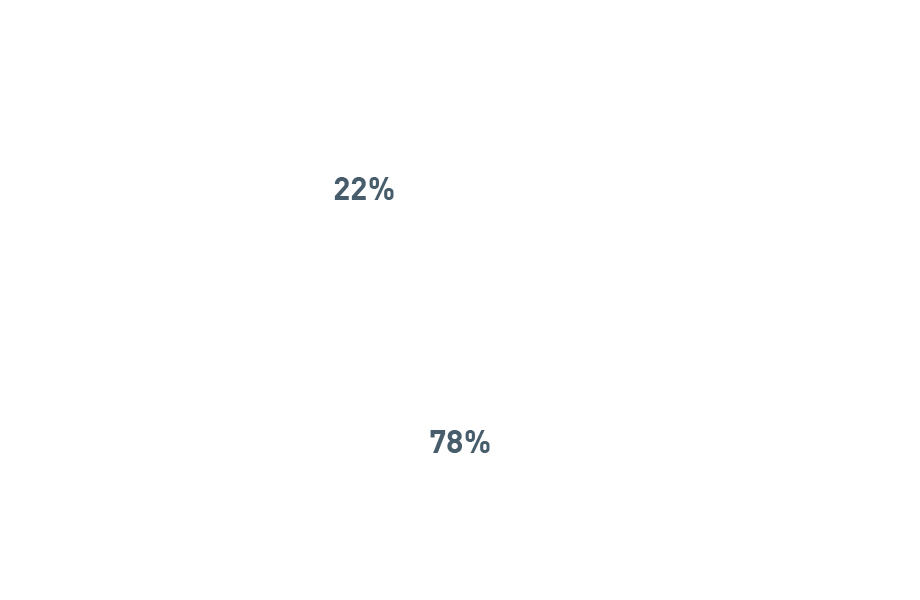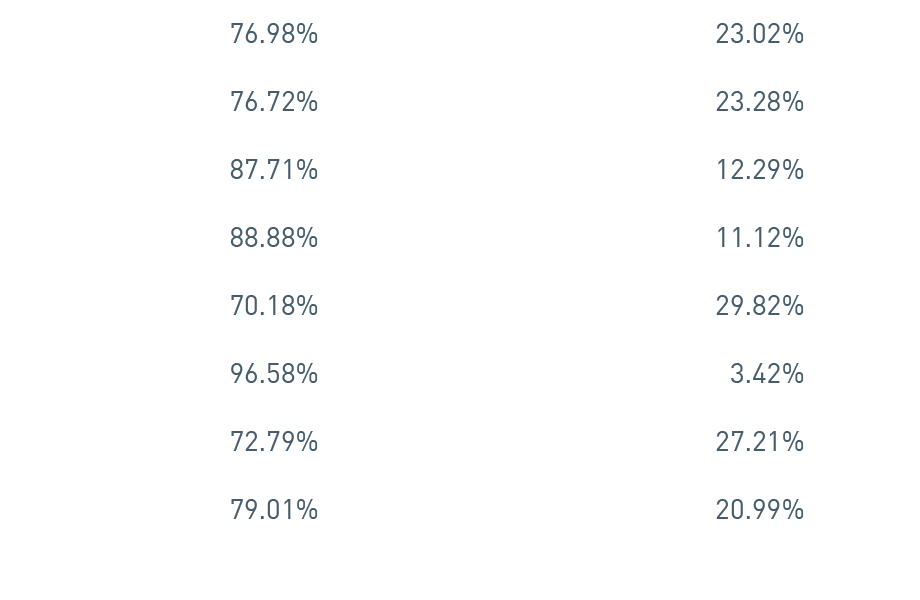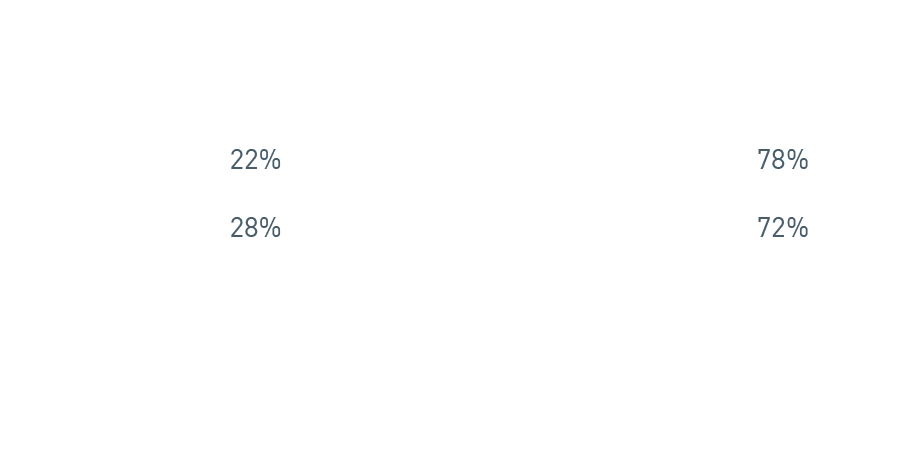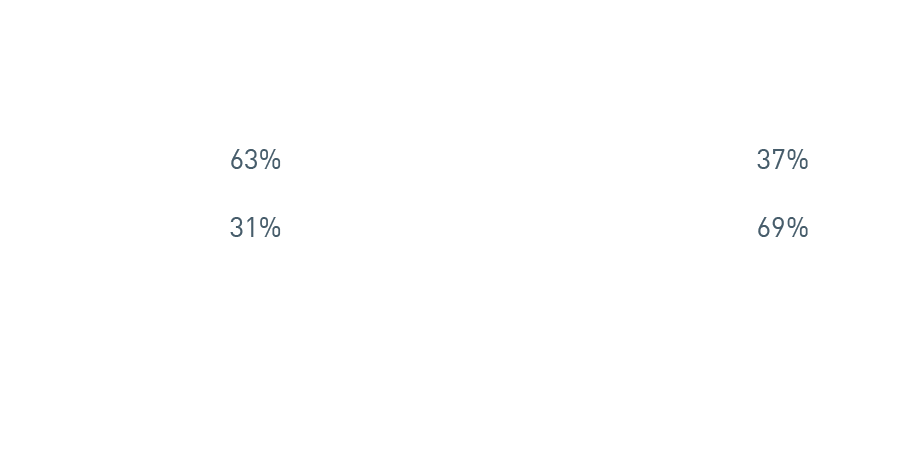Quality employment
Inditex’s objectives include the continual improvement of the quality of employment it offers. One of the pillars of this action involves maximizing opportunities for stable employment. In this respect, initiatives are being developed in various countries with the aim of offering the best quality of employment possible, thereby guaranteeing the smooth running of the business. As a result, in Spain the level of permanent employment within Inditex is over 77%, while the number of employees working full-time has stood at more than 44% for the last three years.

Remuneration policy
In the sphere of remuneration, Inditex applies general criteria of action common to all areas of activity and adapted to each market and working environment. Within these general criteria, it is worth noting that Inditex has made continual efforts to promote variable remuneration in order to link wages to the company’s results, for everyone from store staff to employees in the Group’s central services.
Staff expenses 2014
| (thousands of euros) | 2014 | 2013 | Var. % |
|---|---|---|---|
| Fixed and variable wages | 2,425,665 | 2,217,084 | 9.4 |
| Inditex contributions to Social Security | 506,539 | 480,650 | 5.4 |
| Total staff costs | 2,932,204 | 2,697,734 | 8.7 |
Inditex seeks to ensure that its human resources initiatives are adapted to the interests and priorities of its employees. One of the actions carried out in the sphere is the gradual introduction of flexible pay policies in Spain, which allows the Group to offer employees the possibility of choosing between different remuneration products.
The scheme began in 2009, with the participation of 3,824 employees, and has gradually expanded to include 15,529 employees in 2014. The objective for 2015 is for all employees on a permanent contract in Spain to be given access to this type of pay.

Adapting to each market
With the aim of adapting to each market and labour environment, Inditex implements specific initiatives in different countries as required. This is the case of China, for example, where during 2014 the Group promoted an initiative to identify university students whose labour interests and disposition coincide with Inditex’s goals. The project began in 2013 with eight universities and has since been extended to the whole country, with various recruitment programmes that encourage close relations with universities and improved quality of recruitment processes. In 2014, Inditex established regular contact with 38 universities and organized the hiring of some 100 university students to work for the company.
Another example of such adaptation is the programme developed in Russia, where retail career plans have been designed for young graduates or students in their final years of study so that they can embark on a career programme in Inditex stores. The programme begins with participants working as store assistants with a tutor from the company, while the aim is for them to become store managers within two to three years.
In France, an initiative has been developed to respond to the needs of the country’s labour market with a job timeshare scheme. The programme aims to combine stores demand for reinforcements during certain peak times of the day with workers’ need for full-time employment. Thus, there are some employees who work in two stores in the same geographic area and within the same section: their working hours are divided up according to the needs of each store, taking the employees’ own personal needs into account. This measure works to combat precarious employment and reduce staff turnover in stores. The results of the pilot programme in France have been very encouraging, with 584 employees taking part. During last year, staff turnover in stores participating in the programme fell from 38% to 30%.

Equal opportunities
Inditex maintains its clear commitment to equal opportunities between men and women and non-discrimination, which began 2006 when the company ratified the EQUAL Diversidad Activa (Active Diversity) project co-financed by the European Commission and directed by the Spanish Coordinator of the European Women’s Lobby and Fundación Carolina.
Since 2007, with the entry into force of the Equality Law, Inditex has started an exhaustive process of analysis to implement equality plans in each of the Group’s companies. In 2014, Inditex signed Equality Plans for Bershka BSK España S.A. and Stradivarius España S.A.
Inditex’s monitoring committees work to promote agreements affecting all areas (recruitment and hiring, conciliation, development, etc.) and to agree new measures that reiterate the brand’s commitment to matters such as protocols for action in the event of sexual or gender-based harassment, gender violence, awareness-raising activities, and so on.
Various initiatives have been launched within all of the Group’s brands, contributing to promoting equal opportunities.
Occupational health and safety
As part of the initiatives focusing on the promotion of worker health and safety, including the ongoing improvement of workspaces and working procedures, Inditex has signed up to the OHSAS 18001 occupational health and safety management accreditation system, which guarantees the involvement and inclusion of all departments and workers. This certificate is now in force in all of the Group’s logistics centres and factories.
In 2014, the first brands– Zara, Zara Home and Pull&Bear – were certified, along with central services.
During 2015, accreditation will be completed for all of Inditex’s stores in Spain, alongside the initiation of a certification process in countries including Italy, the United Kingdom and Ireland.

Inditex aims to guarantee that all workers have at their disposal healthy workspaces, as well as developing incentives to promote a healthy lifestyle, both at work and in their daily lives. To this end, initiatives focusing on the care and prevention of musculo-skeletal disorders have been developed over recent years in Inditex’s logistics centres and factories. In 2014, the company opened physiotherapy and staff checkup rooms in its logistics centres.
Occupational accident rates and average duration of sick leave 2014 (Spain) (*)
| Management and administration | |
|---|---|
| Incidence rate of accidents involving sick leave | 4.86 ‱ |
| Average duration | 49.64 days |
| Stores | |
|---|---|
| Incidence rate of accidents involving sick leave | 22.11 ‱ |
| Average duration | 23.78 days |
| Design | |
|---|---|
| Incidence rate of accidents involving sick leave | 5.97 ‱ |
| Average duration | 60 days |
| Distribution and logistics | |
|---|---|
| Incidence rate of accidents involving sick leave | 107.09 ‱ |
| Average duration | 21.35 days |
| Manufacturing | |
|---|---|
| Incidence rate of accidents involving sick leave | 97.29 ‱ |
| Average duration | 48.10 days |
(*) Accident rate = Number of accidents with sick leave / average workforce)
Promotion of a healthy lifestyle
Inditex regularly embarks on campaigns encouraging a healthy lifestyle and promoting sporting events (I love heart, I love food, I love sport, I love confort).
In 2015, the Group will be embarking on a permanent initiative to promote a healthy lifestyle by means of a platform for healthy activities – sports challenges, regular newsletters, nutritional advice, a health library, and sporting applications – under the title InHealth. All of these initiatives will ensure that Inditex is certified as the healthiest company in Spain.





